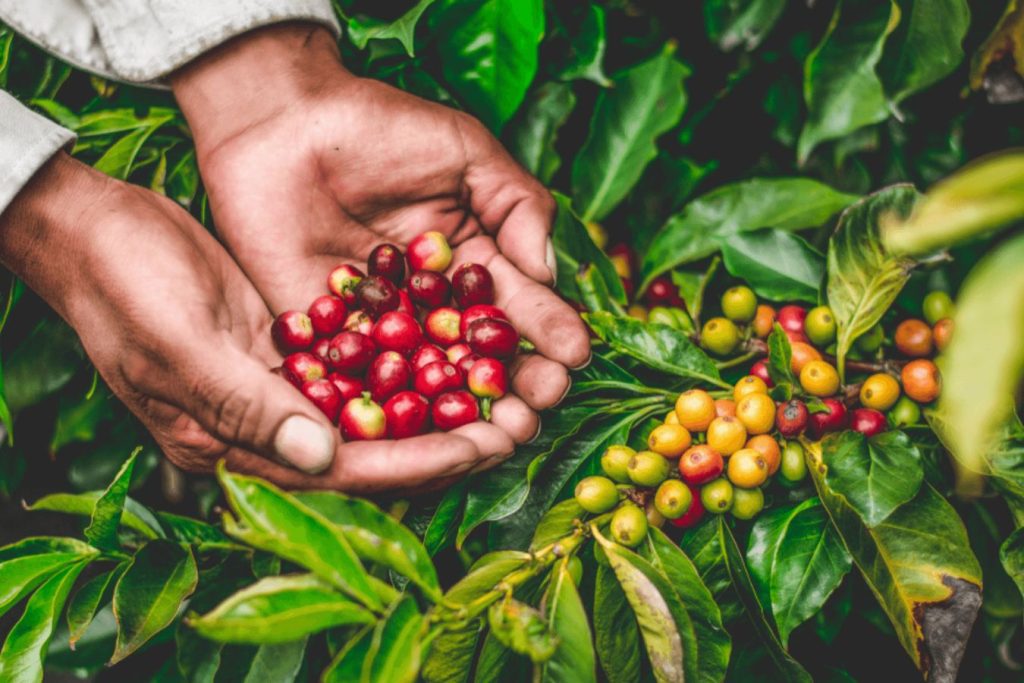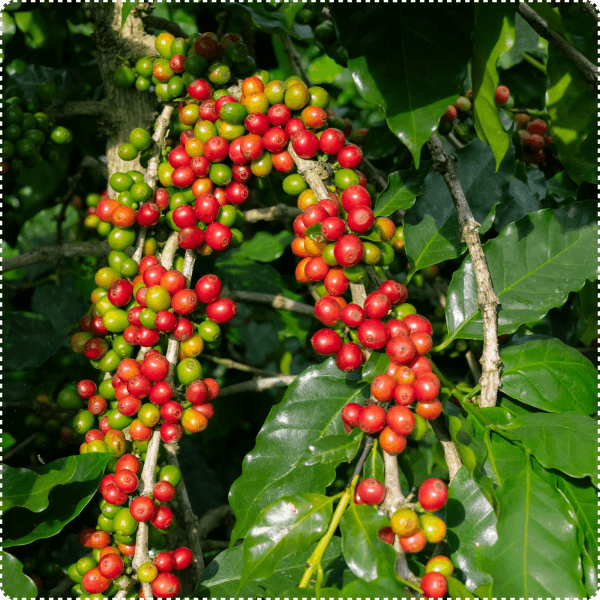
Specialty coffee has been gaining significant popularity and attracting the attention of coffee enthusiasts all around the world. This type of coffee stands out not only for its exceptional quality but also for its rich and diverse flavor profiles and unique origins. In this article, we will delve into what makes specialty coffee special, explore its various types, the factors that contribute to its uniqueness, and how to fully savor the experience of drinking it.
What Is Specialty Coffee?
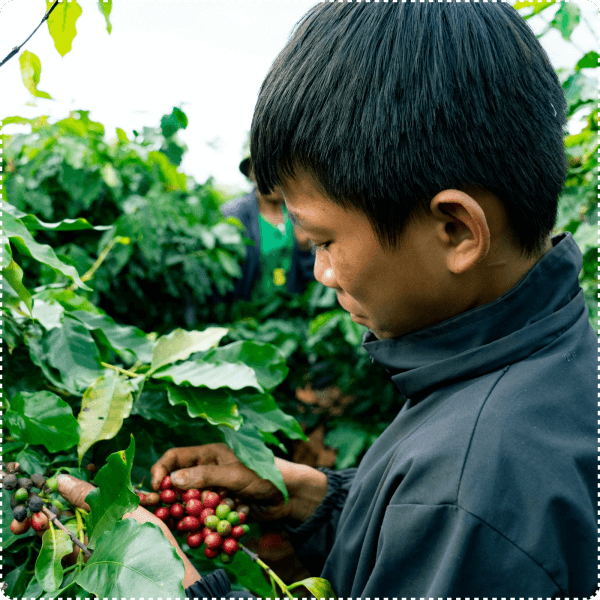
Specialty coffee is defined by strict quality standards that elevate it above regular coffee. It is carefully grown, harvested, and processed under controlled conditions to ensure the highest level of quality. Several factors set specialty coffee apart:
- Origin: Specialty coffee often has a transparent and traceable origin, typically from specific regions or farms that are renowned for their ideal coffee-growing conditions. These regions are known for their unique combinations of climate, altitude, and soil, all of which significantly affect the coffee’s flavor.
- Quality: To qualify as specialty coffee, beans must score 80 points or higher on a 100-point scale in cupping (coffee tasting) evaluations set by the Specialty Coffee Association (SCA). The scoring is based on attributes such as aroma, flavor, acidity, body, balance, and aftertaste.
- Production Process: Specialty coffee beans undergo meticulous handling from farm to cup. Every stage, from cultivation and harvesting to processing and roasting, is carefully monitored and controlled to maintain superior quality. This attention to detail ensures that the beans are of the highest caliber when they reach the consumer.
Different Types of Specialty Coffee
There are many varieties of specialty coffee, each with its own distinct flavor profile influenced by the region it is grown in and how it is processed. Here are a few of the most famous specialty coffee varieties from around the world:
Arabica Coffee
Ethiopia Yirgacheffe
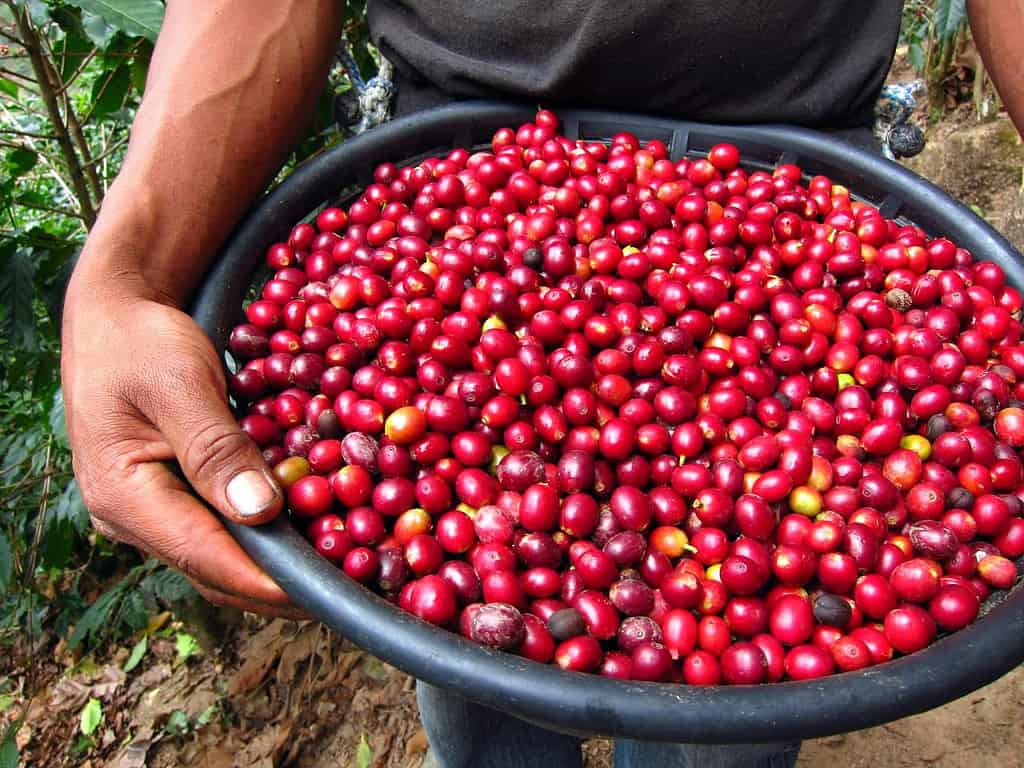
Ethiopia is the birthplace of Arabica coffee, and the Yirgacheffe region is one of the most famous coffee-growing areas in the country. Coffee from Yirgacheffe is celebrated for its complex, balanced flavor profile with floral, fruity aromas. The high altitudes and rich soil of this region contribute to its unique taste.
Colombia Huila
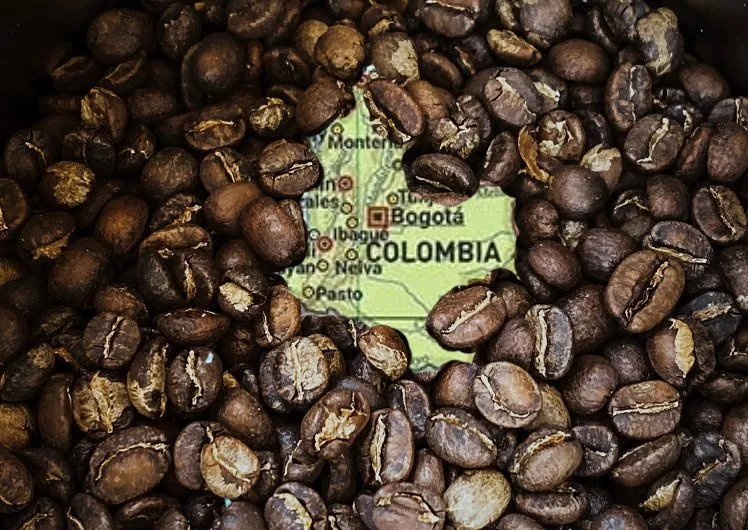
Colombia is another major producer of high-quality Arabica coffee, and the Huila region is known for producing some of the best beans in the country. Coffee from Huila often has notes of fruit, citrus, and chocolate, with a gentle acidity and a sweet, lingering aftertaste. The unique climate and altitude of this region play a key role in developing its characteristic flavor.
Robusta Coffee
Vietnam Robusta
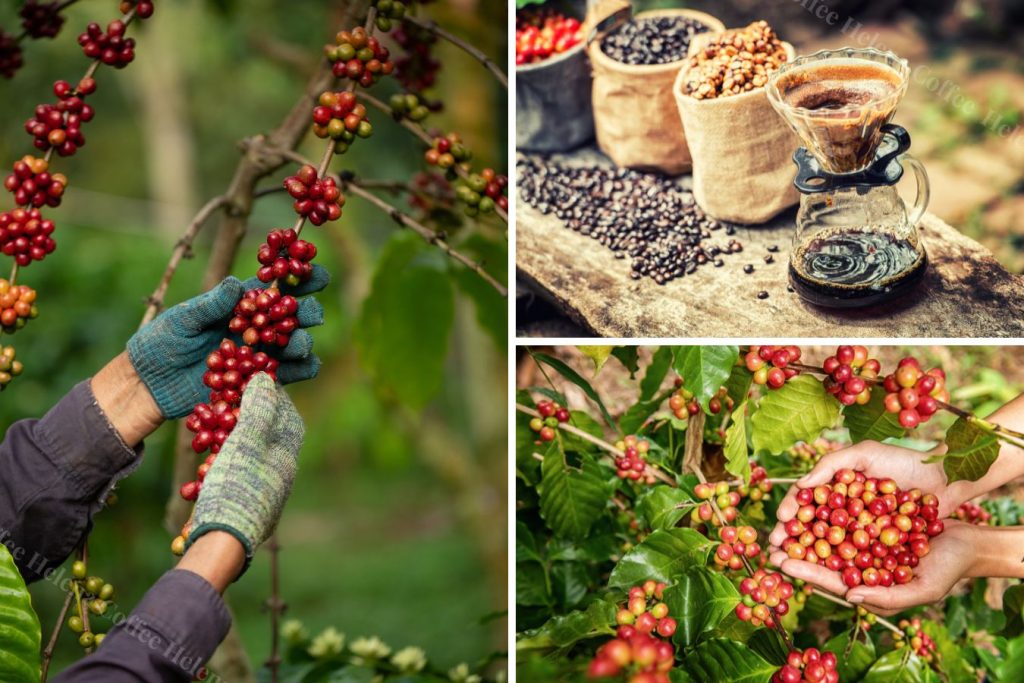
Vietnam is the largest producer of Robusta coffee globally. Robusta beans are known for their bold, strong flavors and distinctive bitterness. While often used in espresso blends or traditional Vietnamese coffee, high-quality Robusta beans are becoming recognized for their own merit.
Geisha Coffee
Panama Geisha
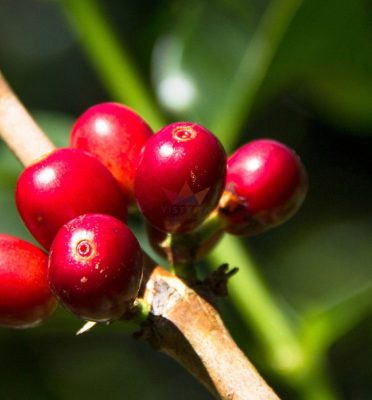
Geisha is a highly sought-after coffee variety, particularly known for its exceptional and unique flavor profile. Originally from Ethiopia, Geisha found its fame in Panama, where it is now one of the most expensive and celebrated coffees in the world. Panama Geisha offers an intricate, refined taste with floral aromas, jasmine, tropical fruit notes, and a hint of lemon. Its unparalleled complexity and distinctive flavors make it one of the crown jewels of specialty coffee.
Factors Influencing the Flavor
The distinct flavors and aromas of specialty coffee are shaped by a combination of environmental factors, processing methods, and careful attention to detail. Below are some of the main factors that influence the taste of specialty coffee:
Growing Regions
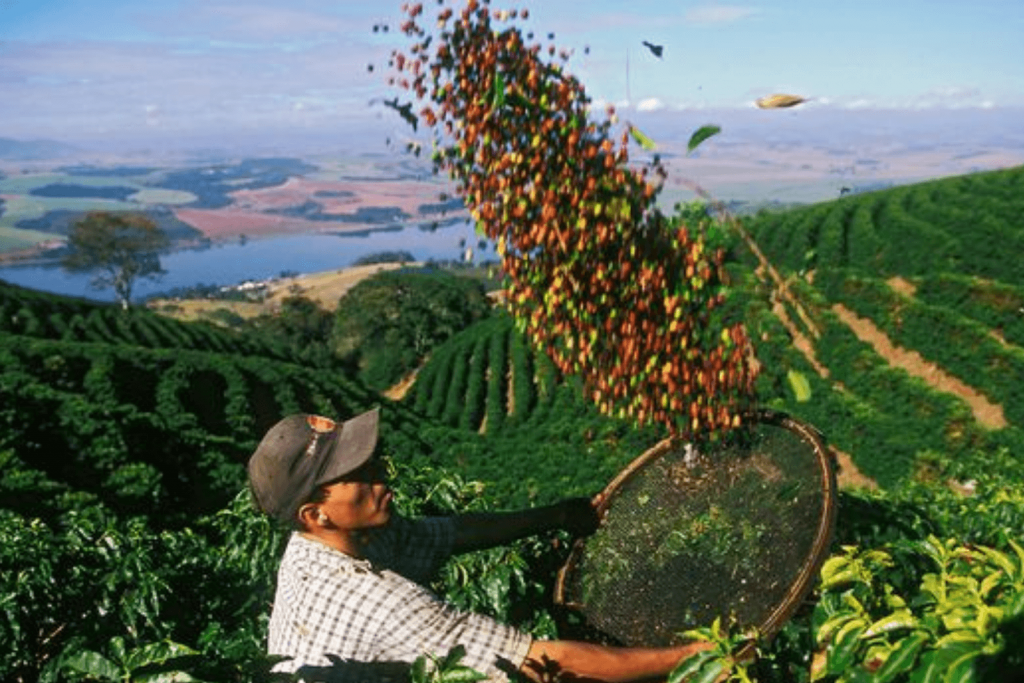
Each coffee-growing region has a unique combination of altitude, soil composition, and climate, which contribute to the flavor of the beans. For example, coffee grown at higher altitudes, typically above 1,200 meters, tends to have more complex and refined flavors. This is because the cooler temperatures at high elevations cause the coffee cherries to ripen more slowly, allowing the beans to develop more nuanced flavor characteristics.
In contrast, coffee grown at lower altitudes typically matures faster, resulting in beans with bolder, more robust flavors but less complexity. The diverse conditions of different regions around the world give rise to a wide variety of flavor profiles, ranging from fruity and floral to nutty and chocolatey.
Farming Methods
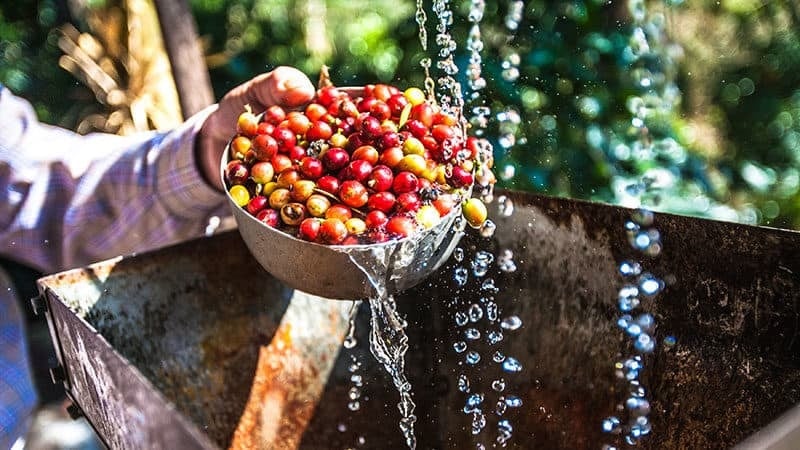
The way coffee is cultivated also has a significant impact on its flavor. Specialty coffee farmers often employ sustainable and organic farming methods to produce high-quality beans. By carefully selecting the best coffee varieties and using environmentally friendly practices, farmers can improve both the quality of the coffee and its flavor.
For example, shade-grown coffee is often considered superior because the slower growth rate allows the beans to absorb more nutrients from the soil. Additionally, farming practices that promote biodiversity, such as planting coffee alongside other crops, can enhance the complexity of the coffee’s flavor.
Processing Methods
The method used to process coffee beans after they are harvested plays a crucial role in shaping the final flavor. There are several main processing methods used in the production:
- Wet (Washed) Process: This method involves removing the outer pulp from the coffee cherries before drying the beans. Wet processing tends to result in coffee with a clean, bright acidity and fruity flavors.
- Dry (Natural) Process: In this method, the coffee cherries are dried with the pulp intact. Dry-processed coffee often has a heavier body and more intense, sometimes wine-like flavors.
- Honey Process: A hybrid method, the honey process leaves some of the pulp on the beans during drying. This method can result in a balance between the bright acidity of washed coffee and the rich sweetness of natural-processed coffee.
How to Enjoy Specialty Coffee
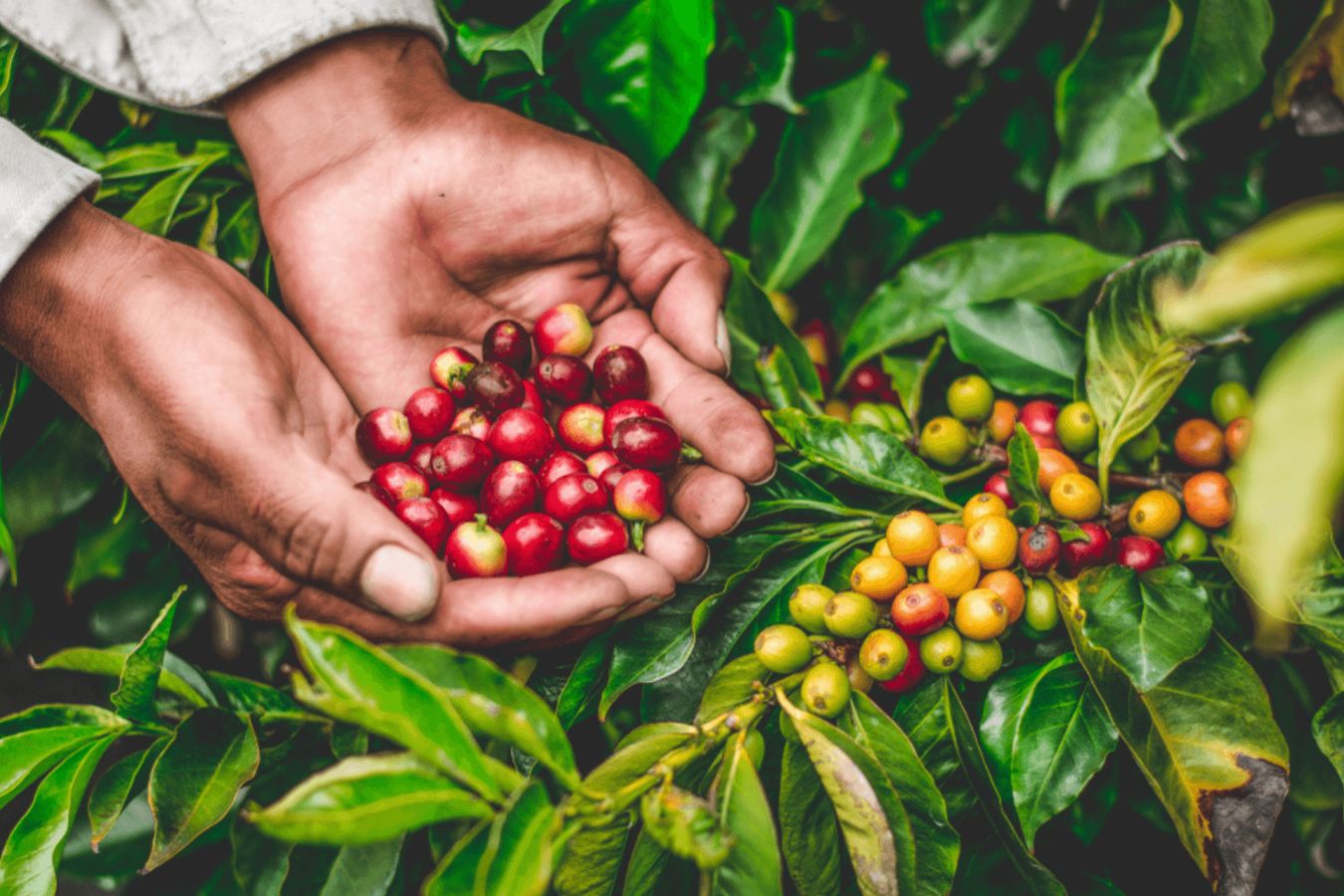
To fully appreciate the intricate flavors of specialty coffee, it’s important to brew it correctly and savor each cup. The following are some tips for brewing and tasting specialty coffee:
Brewing Methods
The brewing method significantly influences the flavor. Here are some popular brewing methods:
- Pour Over: This manual brewing method allows for precise control over the brewing process, resulting in a clean and clear cup that highlights the delicate flavors of the coffee.
- French Press: A full-immersion brewing method, the French press retains more of the coffee’s oils, resulting in a rich and full-bodied flavor.
- Espresso: Espresso is a high-pressure brewing method that produces a concentrated coffee shot with a layer of crema. It’s known for its intense flavors and smooth texture.
Tasting Specialty Coffee
There are several steps to follow to fully appreciate its flavors when tasting:
- Look: Observe the color, texture, and consistency of the ground coffee.
- Smell: Take a moment to inhale the aroma of the coffee before brewing. The scent can give clues to the flavors you will experience.
- Taste: Sip the coffee slowly and let it coat your palate. Pay attention to the flavors as they evolve from the initial sip to the aftertaste, and note any changes in acidity, sweetness, and bitterness.
Specialty Coffee: A Unique Experience
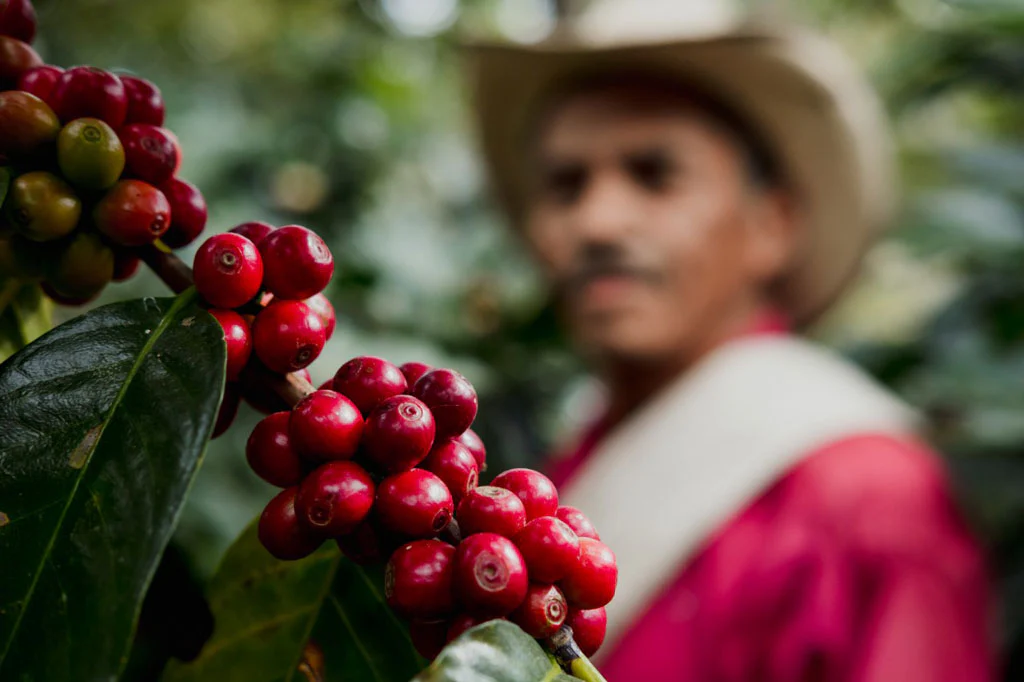
Specialty coffee is more than just a drink—it is an art form and a cultural experience. From its origins and farming methods to its processing and brewing, each cup of specialty coffee tells a unique story. By exploring and appreciating the diverse flavors of specialty coffee, we not only indulge in exceptional tastes but also support sustainable and fair practices in the global coffee industry.
It offers a rich, rewarding experience that goes beyond the cup, connecting people to the farmers, regions, and stories behind each bean. Through careful cultivation, processing, and brewing, every cup becomes a celebration of quality, craftsmanship, and sustainability.
What Sets It Apart
Defining
Specialty coffee refers to coffee that is grown, harvested, and processed with higher standards than regular coffee. Key factors include:
- Origin: Specialty coffee often has a clear origin, typically from regions known for their unique climate and soil conditions.
- Quality: The coffee beans must score 80 points or higher on the 100-point scale set by the Specialty Coffee Association (SCA) in cupping evaluations.
- Production Process: Every step, from cultivation and harvest to processing and roasting, is carefully controlled to ensure the highest quality.
Specialty Coffee: More Than Just a Drink
Specialty coffee is not merely a beverage; it is an art form and cultural experience. From its origin, cultivation methods, and processing to the way it is enjoyed, every specialty coffee tells its own story with a unique flavor profile. By exploring and savoring specialty coffee, we not only indulge in delightful flavors but also support sustainable and fair practices within the global coffee industry.
